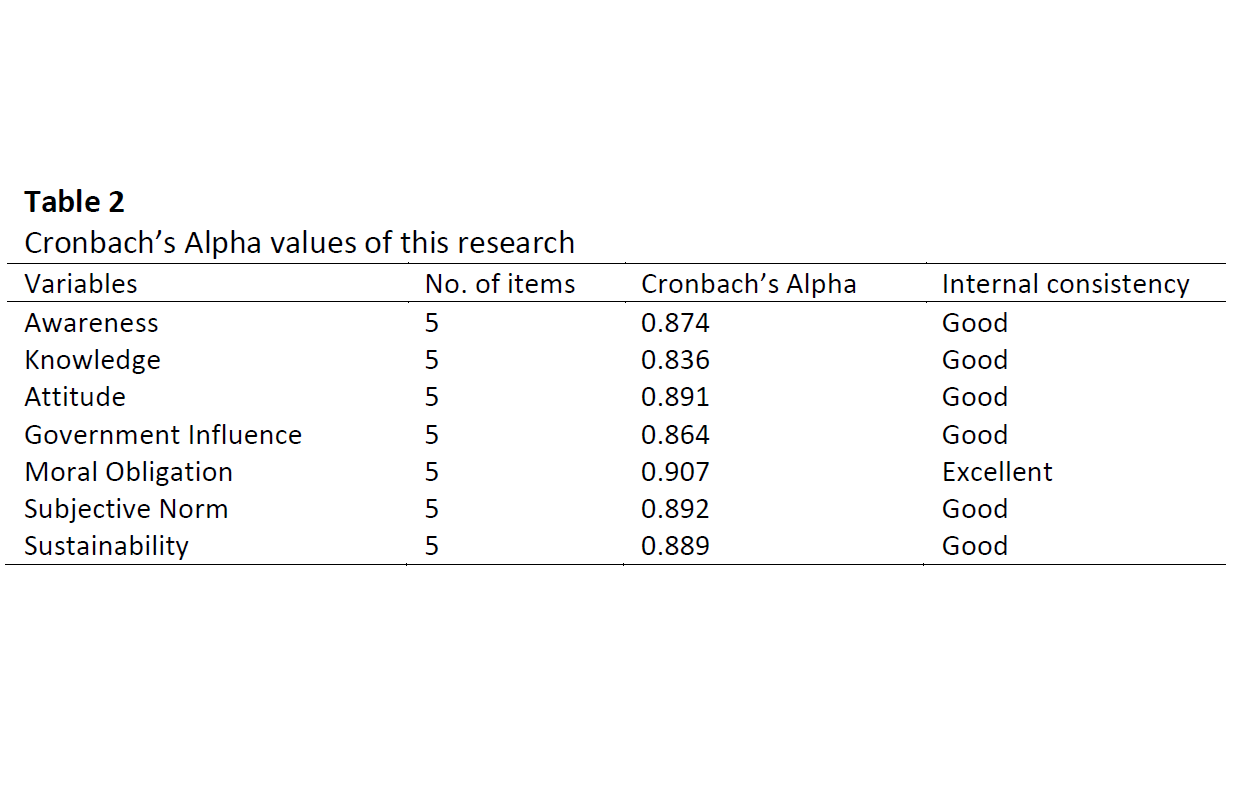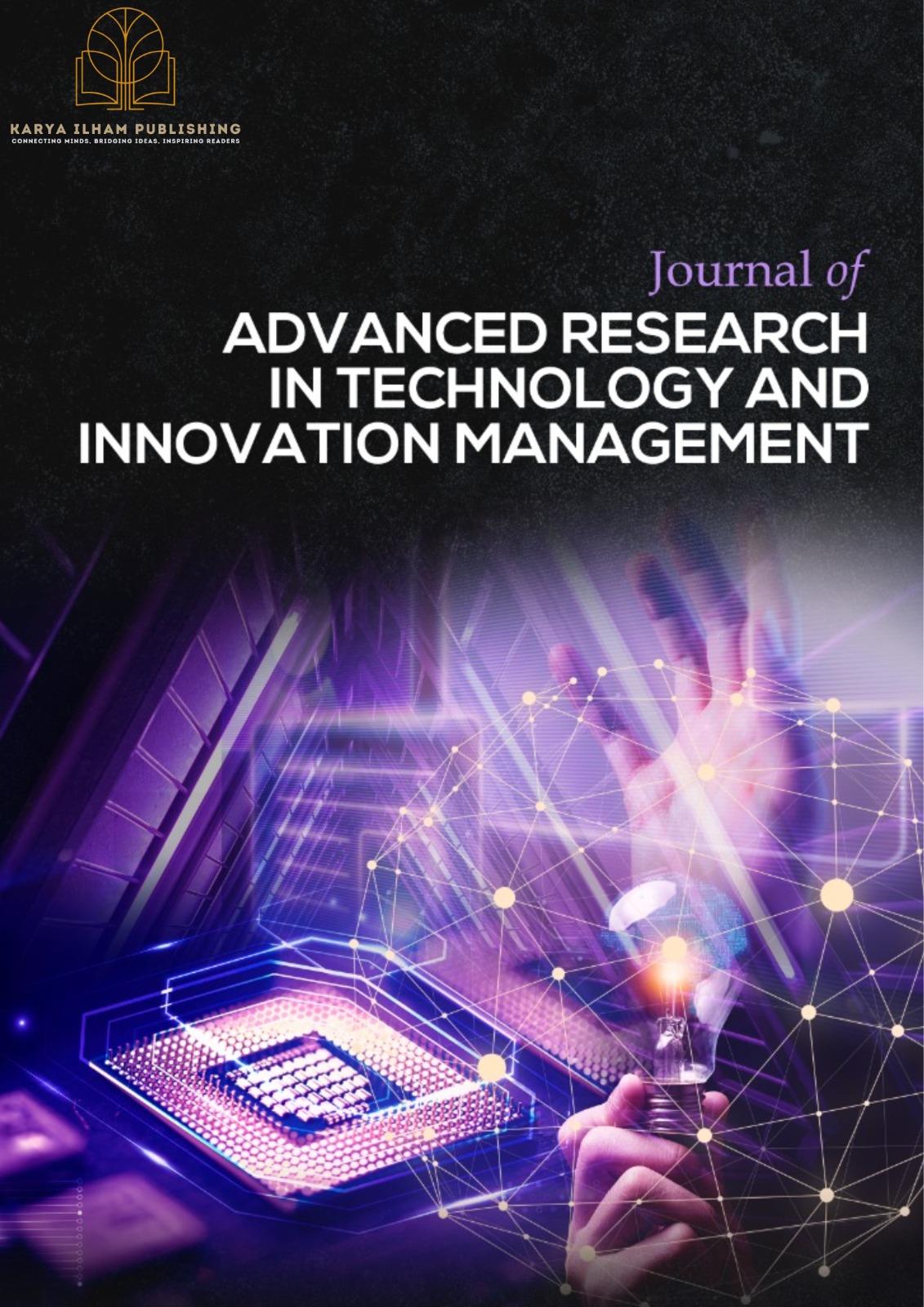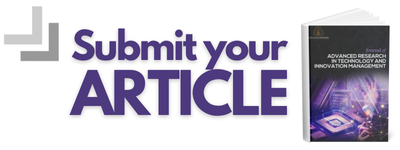Advancing Sustainability: Raising Awareness for E-Waste Management in Penang
DOI:
https://doi.org/10.37934/jartim.14.1.3039Keywords:
e-waste management, sustainability awareness, Penang communityAbstract
The rising volume of electronic and electrical waste (e-waste), driven by population growth, rapid economic development, and shorter lifespans of electronic devices, has become a pressing environmental concern. In Malaysia, particularly in the Penang community, e-waste management remains challenging despite growing global awareness. The problem lies in insufficient public participation and the lack of effective recycling practices, contributing to environmental degradation and health risks. This study aims to explore the factors influencing e-waste management awareness and sustainability practices in Penang, addressing the gap in existing knowledge regarding the role of individual and systemic factors in promoting sustainable e-waste disposal behaviours. Six key variables were examined: awareness, knowledge, attitude, government influence, moral obligation, and subjective norms. A structured questionnaire survey was used to collect data from 384 respondents in Penang. Quantitative analysis evaluated the relationship between these variables and e-waste management awareness. The results revealed that attitude, government influence, moral obligation, and subjective norms predict sustainable e-waste management practices significantly. Conversely, awareness and knowledge, integral components of the Theory of Planned Behaviour (TPB), did not demonstrate significant impacts. These results suggest that enhancing habitual recycling behaviours requires awareness campaigns and practical interventions, such as government-led initiatives and community-based cues, to drive long-term change. The study concludes by offering social and practical implications, including recommendations for refining e-waste recycling policies, fostering community participation, and promoting sustainability practices. These insights aim to guide policymakers and stakeholders in addressing the e-waste crisis effectively and sustainably.














